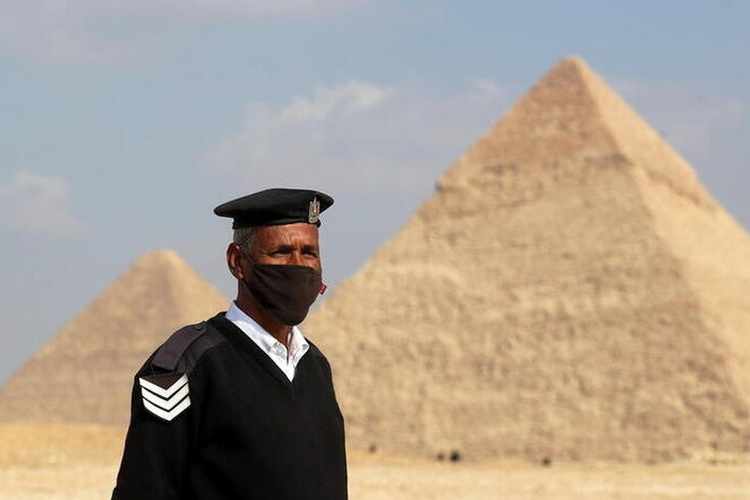There is an entire generation born and raised under the reign of former President Hosni Mubarak–in fact, everyone under the age of 30 knows no regime other than that toppled on Friday, 11 February. The youth-oriented revolution removed the only face it had known for three decades.
It is perhaps for this reason that opinions on the revolution have ranged across a varied scale. The young may realize that the world holds other political styles, and other, perhaps better, systems of government and human rights–but they have lived only under this one.
“My opinion fluctuated throughout the revolution; at the beginning I was pro-Mubarak, but as time passed and the former president insisted on ignoring his people, I became pro-revolution,” says Hanan Abu Hussein. But Abu Hussein nevertheless wishes the former president well. “Yesterday I heard a rumor about Mubarak’s health and it worried me,” she said, betraying an emotional connection strengthened over the last 30 years.
Some claim it is a version of Stockholm Syndrome: those of us who have lived our entire lives under Mubarak can be loyal to Mubarak simply because we’ve had good lives, even though many of our rights as citizens were overlooked.
“I was relieved,” says Dina Abdul Latif, a young career woman working at the stock exchange. Abdul Latif participated in the revolution since the first day, going to Tahrir Square on a regular basis to protest and donate medicine. “I’m ready for change,” says Abdul Latif confidently.
Another pro-revolution voice is Heba Wahdan, a young working woman in the field of advertising. According to Wahdan, confusion was part of the equation. She struggled between the urge for change and the emotional attachment she developed over the years to a regime that did not necessarily represents her and her needs as a young woman. According to Wahdan, what’s left now of that attachment is a feeling of familiarity, along with the fact that she wishes the former ruler no harm.
Others disagree, believing that Mubarak–despite his conduct in the past month–has created, for some, an entire lifetime without war. Amira, 29, insists people should place blame on those around Mubarak as well. She, and others, believes that Mubarak’s exit should have been done in a more respectable way. “I believe that most of what has been happening in the political and social arena in the last five years was kept from the former president by his entourage,” states Amira. “I’m taking part in a march on Friday that will pay homage to Mubarak,” she adds.
And there are those of the Mubarak generation who are still in a state of shock. Although they understand the positive changes expected of Egypt’s new government, they have trouble deconstructing the longstanding political system and their relationship with that system. Heba Afifi, a young journalist, expressed her utter disbelief about everything that had transpired over the last two weeks. “I still can’t grasp the words ‘president’ and ‘former’ in the same sentence,” she says.
Whether one feels joy, sorrow or disbelief over recent events, one thing’s certain: The Mubarak era was a three-decade-long reality, part of our political upbringing–and will no doubt account for a lengthy chapter in the history books our children will read. Happy Revolution.




